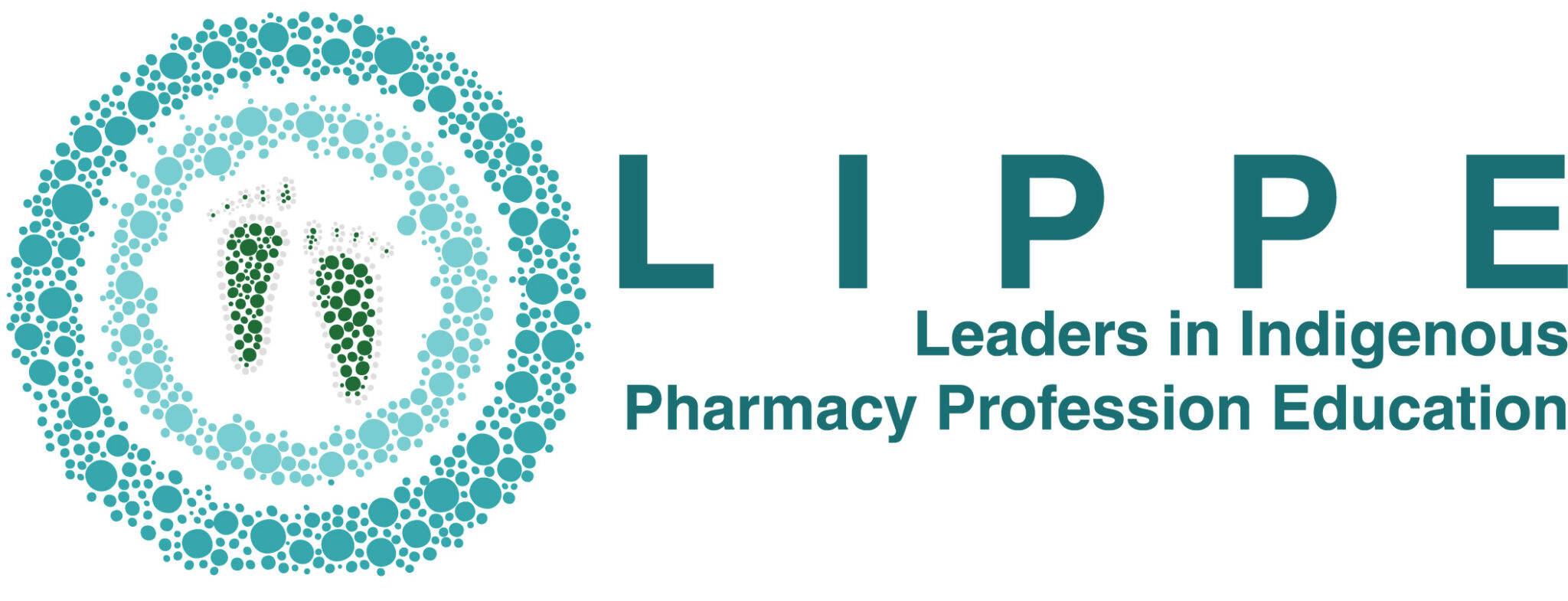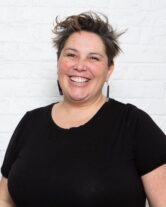Commitment to Indigenous leadership in pharmacy education
Our new strategic plan demonstrates our ongoing commitment to a health system free of racism and discrimination by contributing to a culturally safe pharmacy workforce.
One of our four strategic pillars is specifically focused on Aboriginal and Torres Strait Islander Peoples’ health.
Ahpra states,
Cultural safety is determined by Aboriginal and Torres Strait Islander individuals, families and communities. Culturally safe practice is the ongoing critical reflection of health practitioner knowledge, skills, attitudes, practising behaviours and power differentials in delivering safe, accessible and responsive healthcare free of racism.
Over the year we have progressed our goal to further embed cultural safety into pharmacist education.

LIPPE Network
In May 2022 , we launched the Leaders in Indigenous Pharmacy Profession Education (LIPPE) Network. LIPPE aims to transform the pharmacist workforce by enabling Indigenous leadership in the delivery of pharmacist education and the practice of pharmacy.
Under the leadership of Indigenous pharmacists and educators, and in collaboration with other individuals and organisations, LIPPE will foster transformational change in the pharmacy workforce beginning with the recruitment and retention of students to the provision of care in practice settings.
Culturally safe pharmacy practice can only be achieved when Indigenous leadership is empowered so that Indigenous values can shape the context of service delivery.
LIPPE members

LIPPE at Noon webinars
In 2022 we met with our LIPPE family to discuss current landscapes and future opportunities.
Read the stories from each webinar:
- Why LIPPE? What will it do? A yarn with Faye McMillan – provided an introduction to the LIPPE Network, why we’ve formed it, and what pledges the LIPPE community would make going forward.
- Cultural safety: Hearing from other health professions – gave insight into experiences regarding cultural safety and responsiveness across health professions, and what a Strengths Based Approach looks like.
- What pharmacy academics say about cultural safety curriculum design – Alex Burke’s research gave us insight into how pharmacy academics feel about the current design of cultural safety curriculum.
People joined our LIPPE at Noon webinars
LIPPE Podcast
You can also hear about our journey through our podcast – Talkin’ Bout a LIPPE Evolution.
Indigenous Health Strategy Group
We’ve partnered with Aboriginal and Torres Strait Islander and Māori peoples to ensure their voice is leading our work. The group also leads the LIPPE Steering Committee.
The IHSG was established by the APC Board.
Our high-level objectives are to:
- provide a culturally safe pharmacist workforce for all Indigenous peoples of Australia
- provide a culturally safe pharmacist workforce for all Australians
- influence and show leadership in the pharmacy sector in achieving health equity
- achieve greater access for Aboriginal and Torres Strait Islander Peoples to culturally safe services
- achieve increased participation by Aboriginal and Torres Strait Islander in the health and education workforce with an overarching aim to achieve parity
- collaborate with others to contribute to the evidence base on the benefits of a culturally safe workforce.
IHSG Members
We have welcomed 3 new members in 2023.
Professor Faye McMillan AM

Wiradjuri yinaa (woman), Professor at the University of Technology Sydney (UTS) Faculty of Health. She is a pharmacist with leadership and expertise in education.
Chastina Heck

Nywaigi, Mamu, Bidjara woman, Pharmacy Manager, Gove District Hospital, NT and Conjoint Associate Lecturer, University of Queensland
Read more
Leanne Te Karu

(Ngāti Rangi, Te Ati Haunui-a-Pāpārangi, Muaūpoko) – Pharmacist and Pharmacist Prescriber, Taupō, New Zealand
Read more
Aleena Williams

Yugambeh woman from South-East Queensland, Director of Immunisations and Notifiable Diseases at NT Health
Lloyd Dolan
Alex Burke
Anna Tiatia Fa'atoese Latu
REFLECT Reconciliation Action Plan (RAP)
After completing our Reflect RAP in 2021, we are now planning our Innovate RAP where we put our plan into action. APC has a dedicated RAP Committee who will be managing the implementation of the deliverables, with the goal to embed activities into business as usual.
Our RAP pillars include actions and deliverables unique to APC such as embedding cultural safety in programs for education providers. We actively engaged with staff when compiling the content for our pillars.
The pillars of a RAP are 4 concepts provided by Reconciliation Australia:
-
Relationships
-
Respect
-
Opportunities
-
Governance
We look forward to planning the innovate RAP and implementing the deliverables.





